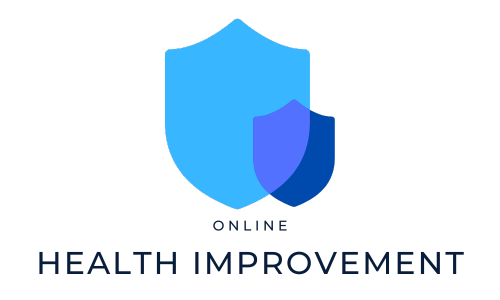Understanding and Managing Chronic Pain
Chronic pain is a common and debilitating condition that affects millions of people worldwide. Unlike acute pain, which is temporary and serves as a warning sign, chronic pain persists for longer periods, often lasting for months or even years. Understanding the nature of chronic pain and learning effective management strategies can greatly improve the quality of life for individuals suffering from this condition.
What is Chronic Pain?
Chronic pain is defined as pain that persists for more than three months despite medical treatment. It can arise from various causes, such as an injury, surgery, or underlying medical conditions like arthritis, fibromyalgia, or neuropathy. Unlike acute pain, which typically resolves once the tissue damage heals, chronic pain persists long after the initial injury has healed.
Understanding the Factors Influencing Chronic Pain:
Chronic pain is a complex condition that is influenced by various factors, including physical, psychological, and social aspects. Understanding these factors is vital for effective management.
– Physical Factors: Chronic pain can result from nerve damage, inflammation, or abnormal functioning of the pain signaling pathways. This can cause a heightened sensitivity to pain, making even mild sensations unbearable.
– Psychological Factors: Emotional and psychological states, such as stress, anxiety, and depression, can exacerbate chronic pain. These factors can create a negative cycle where pain leads to emotional distress, which, in turn, increases pain perception.
– Social Factors: Social support and interactions play a significant role in managing chronic pain. Isolation and lack of support can worsen pain perception, while positive social connections can provide emotional support and distraction.
Managing Chronic Pain:
Managing chronic pain requires a multifaceted approach that addresses physical, psychological, and social aspects. Here are some strategies that can help:
1. Medications: Various medications can be effective in managing chronic pain, depending on the underlying cause. These can range from over-the-counter pain relievers to prescription opioids, anti-inflammatories, or antidepressants. It is essential to consult a healthcare professional to determine the most appropriate medication and dosage.
2. Physical Therapy: Physical therapy aims to strengthen muscles, improve mobility, and reduce pain. Techniques may include stretches, exercises, massage, heat or cold therapy, and electrical stimulation. Working with a physical therapist can help tailor a personalized exercise program to manage chronic pain.
3. Relaxation Techniques: Techniques like deep breathing, meditation, guided imagery, and progressive muscle relaxation can help manage chronic pain by reducing stress and promoting relaxation. These techniques can also help break the cycle of pain and emotional distress.
4. Cognitive Behavioral Therapy (CBT): CBT focuses on identifying and changing negative thoughts and behaviors that contribute to chronic pain. By challenging negative beliefs and developing coping strategies, individuals can reduce pain intensity and improve overall well-being.
5. Social Support: Developing a support network, whether through friends, family, or support groups, can significantly improve coping with chronic pain. Sharing experiences, gaining perspective, and receiving emotional support from others going through similar challenges can be immensely beneficial.
6. Lifestyle Modifications: Certain lifestyle changes can help manage chronic pain. Regular exercise, maintaining a healthy diet, getting sufficient sleep, and avoiding triggers like alcohol or smoking can contribute to overall pain reduction.
7. Alternative Therapies: Complementary and alternative therapies like acupuncture, chiropractic care, biofeedback, and herbal remedies can also provide relief for some individuals. However, it is crucial to discuss these options with a healthcare professional and ensure their safety and efficacy.
Conclusion:
Living with chronic pain can be challenging, both physically and emotionally. However, understanding the factors influencing chronic pain and implementing effective management strategies can greatly improve the overall quality of life. By addressing the physical, psychological, and social aspects of chronic pain, individuals can regain control and find relief. Remember, seeking professional guidance and support is key to developing a personalized pain management plan.
